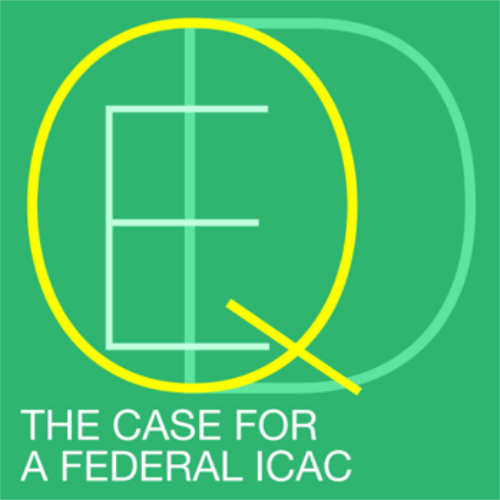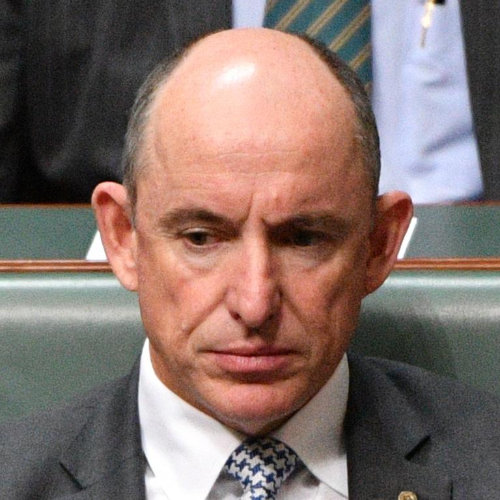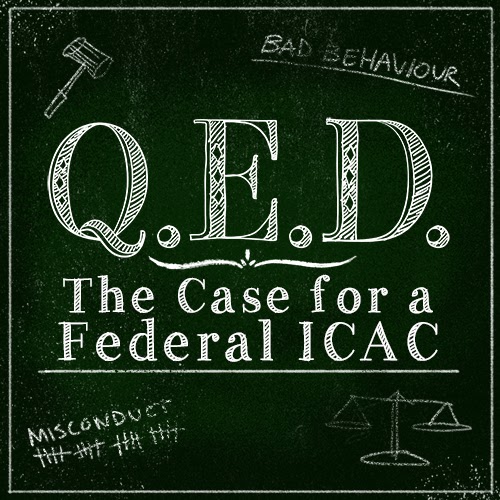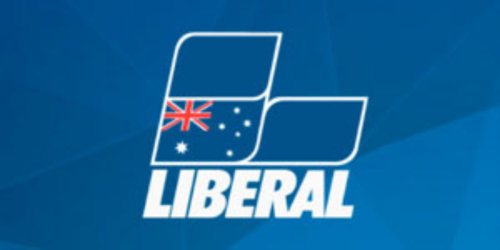Stuart Robert listed parents as company directors without their knowledge
2010 – 2011
Stuart Robert listed his parents as directors of an IT company that was awarded millions in government contracts including his department. Stuart Robert’s father Alan said he was unaware he was a director of the private investment company.
Alan Robert told The Age and the Sydney Morning Herald that the company, Robert International, was run by his son during the six-year period Alan and his wife, Dorothy, were the company’s only directors. The time line reportedly appeared to link the Queensland MP with the IT services business, GMT Group, at a time when Stuart Robert says he “ceased involvement” in GMT.
Robert strenuously denied any wrongdoing
Mr Robert resigned his directorships and offloaded his shares in his GMT Group in 2010 – three years after he was first elected to Parliament. He told the newspaper he structured his affairs in a way that did not breach the constitution, but did not provide any evidence to support this claim.
Mr Robert’s parents were made directors of Robert International – which held shares in GMT – on September 10, 2010 – less than a month after the election. The couple’s home became the registered office for Robert International almost a month later.
Alan Robert said he was unaware he had been appointed director and company secretary and his wife a director of Robert International Pty Ltd between 2010 and 2016. “No we haven’t run it, no … Robert International was run by our son.”
Alan Robert’s comments suggest Stuart Robert was still involved in Robert International, which continued to hold shares in GMT for more than a year after the 2010 election.
ASIC records show Robert International, the trustee company for his family trust, held shares in GMT until December 2011. By this time, GMT companies had won 356 government contracts, averaging more than $100,000 each and totalling more than $37 million.



